Rubio Skips G-20 Over South Africa’s Land Ownership, Israel Policies

Rubio Skips G-20 Over South Africa’s Land Ownership, Israel Policies
The secretary of state’s absence reflects deteriorating U.S.-South Africa relations as well as the Trump administration’s disdain for global institutions.
South African President Cyril Ramaphosa speaks at a press conference during the G-20 foreign ministers’ meeting in Johannesburg on Feb. 20. Emmanuel Croset/AFP via Getty Images
South Africa kicked off the two-day G-20 foreign ministers’ meeting in Johannesburg on Thursday to address solidarity, equality, and sustainability around the world. But the absence of the White House’s top diplomat appeared to undermine international collaboration efforts and highlighted the Trump administration’s disdain for global institutions.
U.S. Secretary of State Marco Rubio cited several reasons for not attending the key event, beginning with Pretoria’s choice of theme. “In other words: DEI and climate change,” Rubio wrote on X this month, adding that his job “is to advance America’s national interests, not waste taxpayer money or coddle anti-Americanism.” Since taking office, U.S. President Donald Trump has waged a war on diversity, equity, and inclusion (DEI) initiatives.
South Africa kicked off the two-day G-20 foreign ministers’ meeting in Johannesburg on Thursday to address solidarity, equality, and sustainability around the world. But the absence of the White House’s top diplomat appeared to undermine international collaboration efforts and highlighted the Trump administration’s disdain for global institutions.
U.S. Secretary of State Marco Rubio cited several reasons for not attending the key event, beginning with Pretoria’s choice of theme. “In other words: DEI and climate change,” Rubio wrote on X this month, adding that his job “is to advance America’s national interests, not waste taxpayer money or coddle anti-Americanism.” Since taking office, U.S. President Donald Trump has waged a war on diversity, equity, and inclusion (DEI) initiatives.
Rubio also stressed ongoing tensions between Washington and Pretoria as a reason for skipping the G-20 gathering. Last month, South African President Cyril Ramaphosa signed a law that aims to redress historical racial inequalities in property ownership by allowing the government to seize land without compensation; more than 30 years after the end of apartheid, Black South Africans still own only a small portion of all farmland. In response, Trump signed an executive order on Feb. 7 cutting all U.S. aid and assistance to Pretoria over what he called its “unjust and immoral practices” against the country’s white minority. One of Trump’s top advisors, Elon Musk, was born in South Africa and has repeatedly accused Pretoria of anti-white racism.
The White House has also condemned South Africa’s ongoing genocide case against Israel at the International Court of Justice, arguing that such actions are a veiled support of Hamas. Dana Brown, Washington’s acting ambassador to South Africa, will instead represent the United States at this week’s G-20 meetings.
This post is part of FP’s ongoing coverage of the Trump administration. Follow along here.
Alexandra Sharp is the World Brief writer at Foreign Policy. X: @AlexandraSSharp
More from Foreign Policy
-

A security guard stands at the entrance to the U.S. Agency for International Development (USAID) headquarters on Feb. 3. DOGE Is Hacking America
The U.S. government has experienced what may be the most consequential security breach in its history.
-

A man with a beard in a suit and tie speaks behind a teleprompter. The logo for MSC is behind him. Vance Leaves Europe Gobsmacked
U.S. Vice President J.D. Vance delivered a rebuke on immigration and alleged censorship to a shocked Munich Security Conference.
-

A Palestinian girl carries a child through the rubble of houses destroyed by Israeli bombardment in Gaza City on March 3, 2024. Why Is the World So Polarized on Gaza?
The answer might be linked to race and colonization, explains author Pankaj Mishra, speaking on FP Live.
-

An attendee dressed like Uncle Sam waits for Donald Trump to arrive for a campaign rally at the Mosack Group warehouse on September 25, 2024 in Mint Hill, North Carolina. America Is Its Own Worst Enemy
It’s not unprecedented for a powerful country to simply shoot itself in the foot.

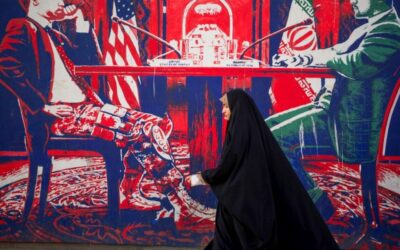

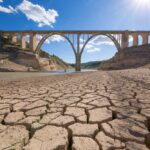





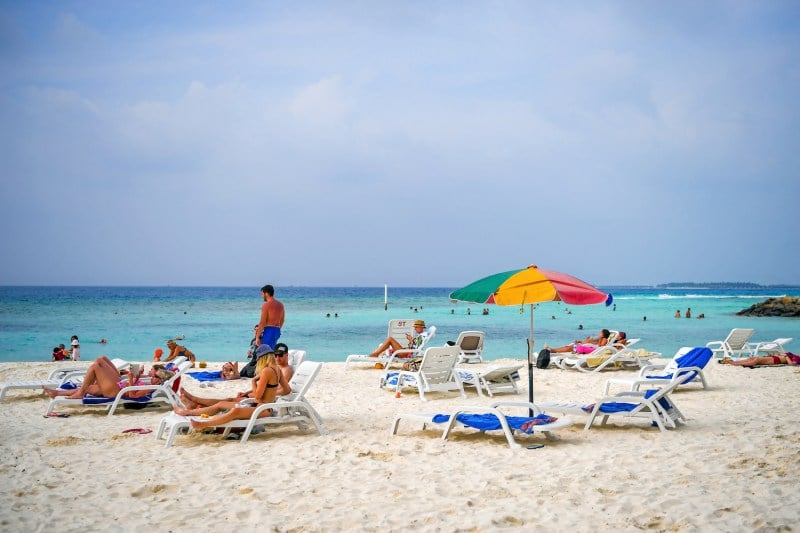
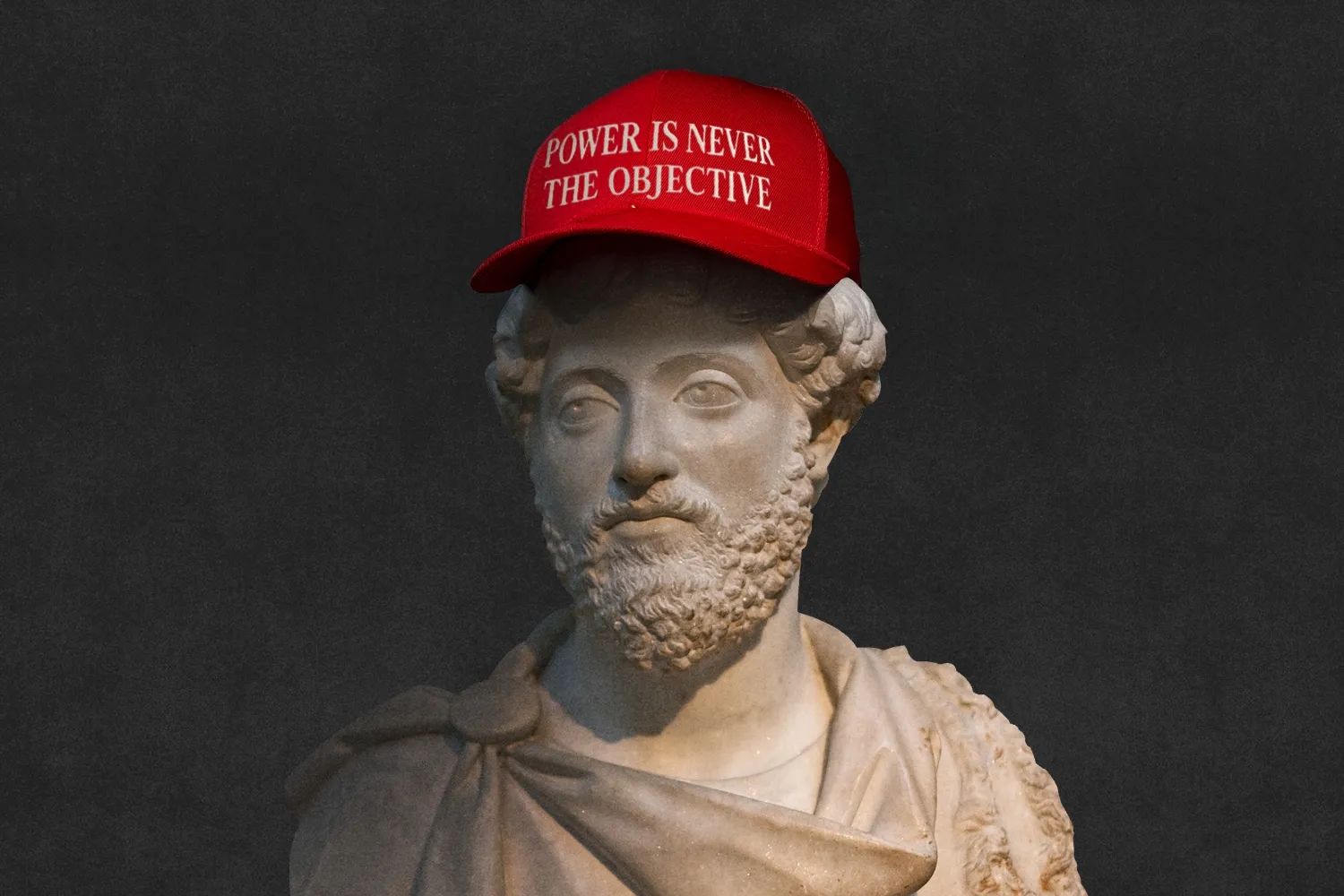
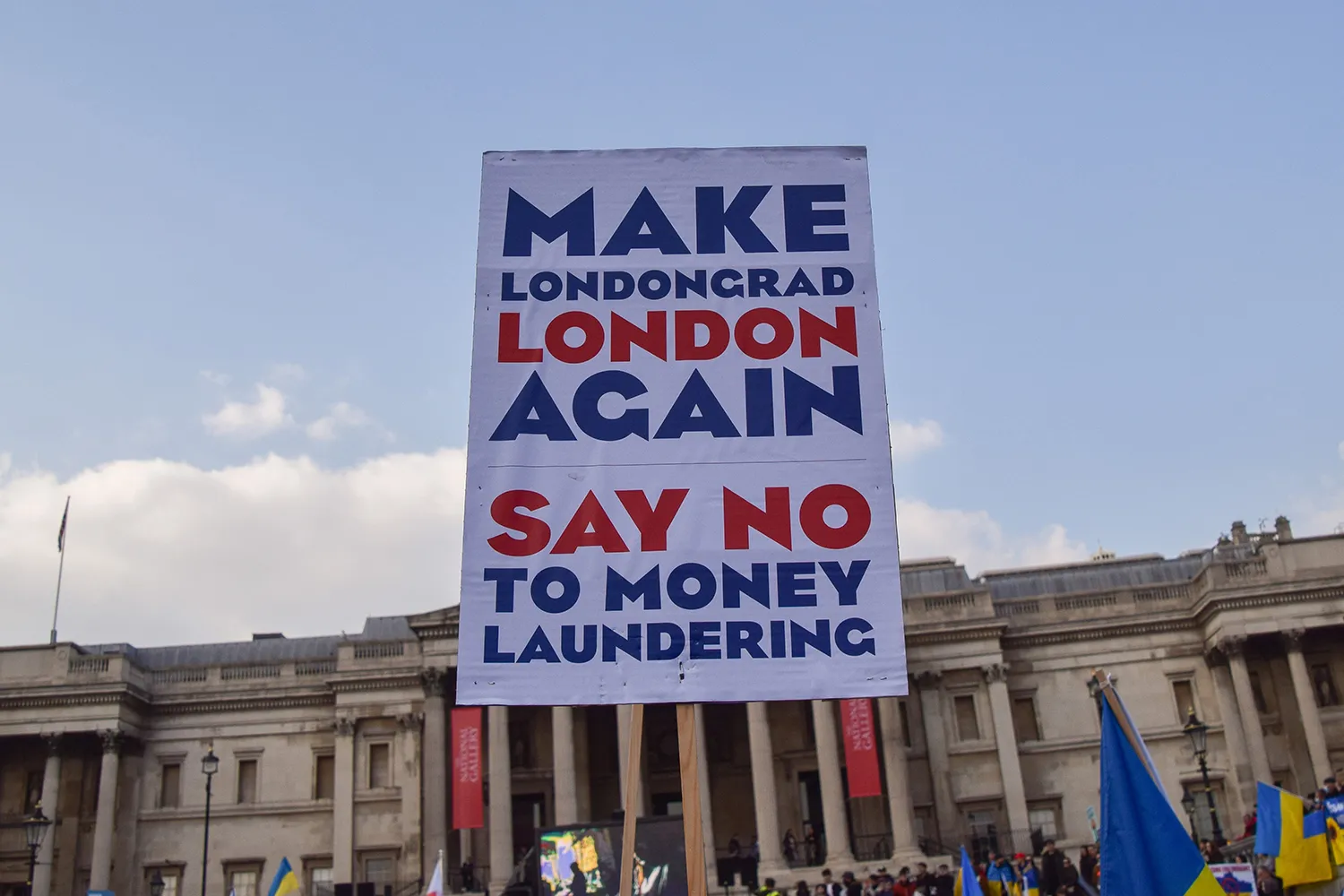
Join the Conversation
Commenting on this and other recent articles is just one benefit of a Foreign Policy subscription.
Already a subscriber?
.
Subscribe
Subscribe
View Comments
Join the Conversation
Join the conversation on this and other recent Foreign Policy articles when you subscribe now.
Subscribe
Subscribe
Not your account?
View Comments
Join the Conversation
Please follow our comment guidelines, stay on topic, and be civil, courteous, and respectful of others’ beliefs.
Change your username |
Log out
Change your username:
CANCEL
Confirm your username to get started.
The default username below has been generated using the first name and last initial on your FP subscriber account. Usernames may be updated at any time and must not contain inappropriate or offensive language.